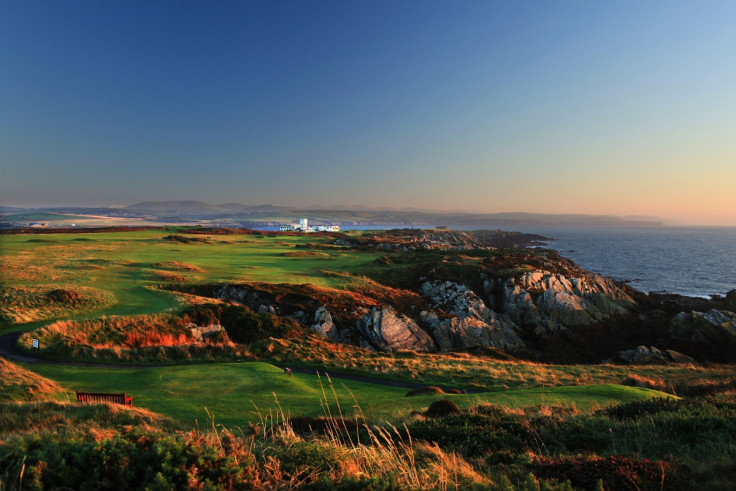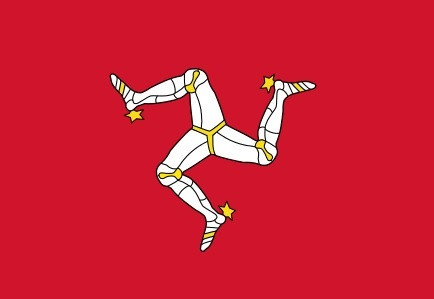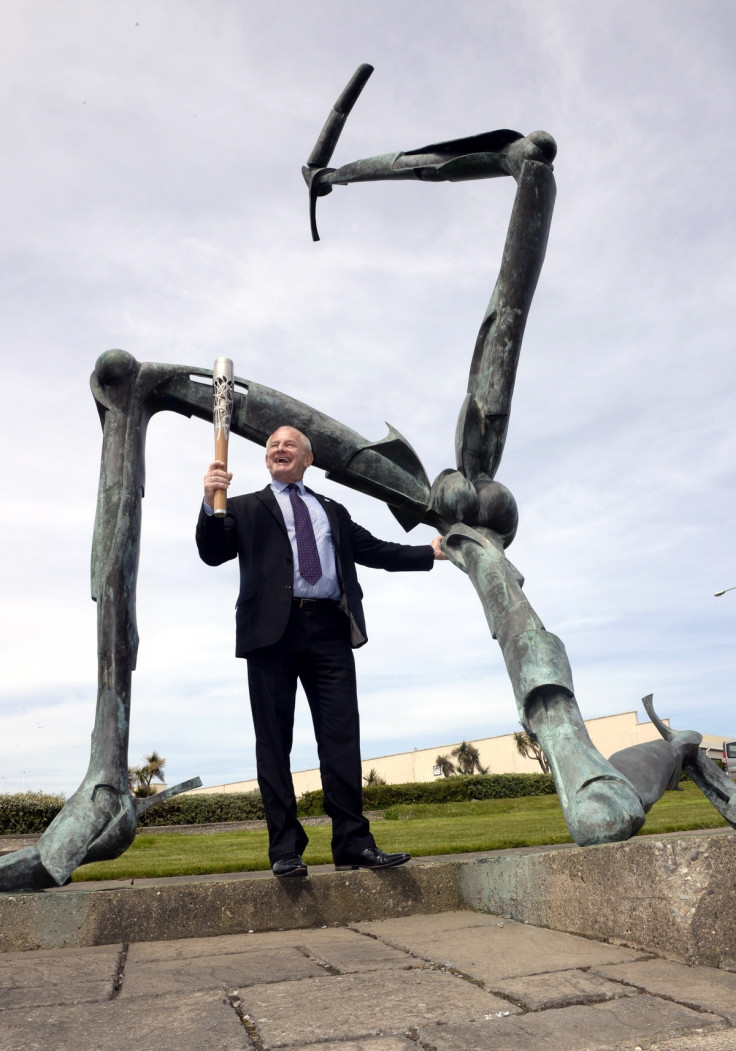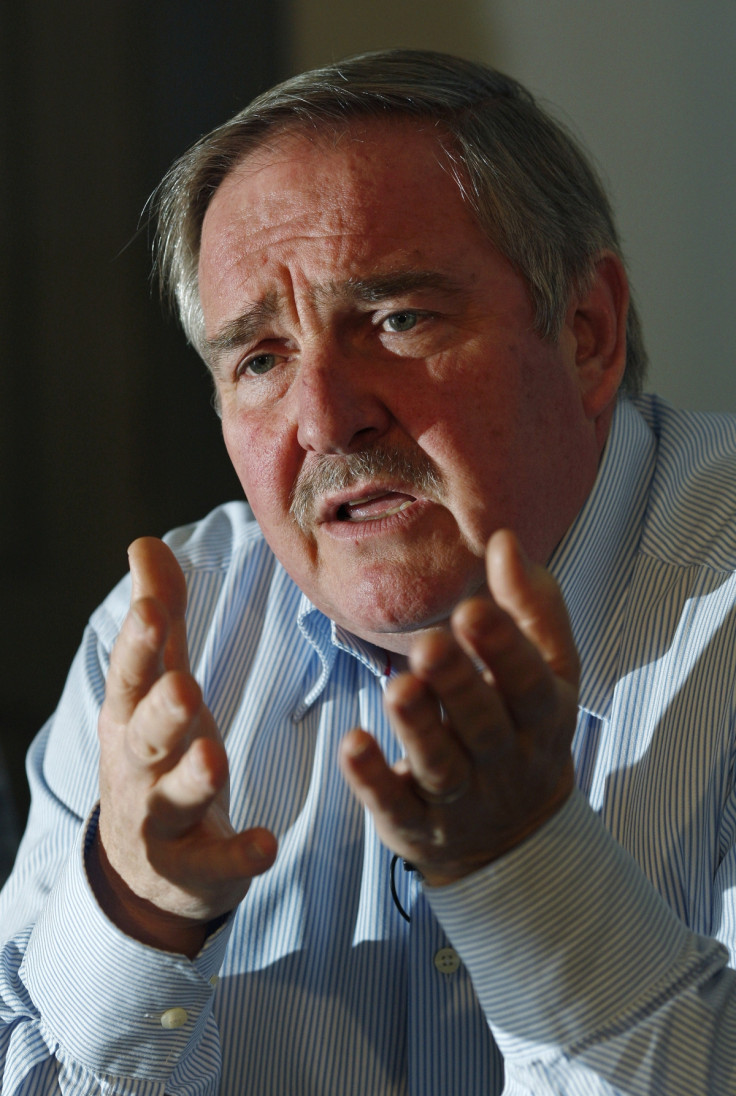Isle of Man: Stop Calling us a Tax Haven

"A fool will receive praise and a rich man will receive blame," is an old Manx saying.
Fitting perhaps for the Isle of Man, a state regarded as a tax haven where much-criticised wealthy companies and individuals shelter their money while the rest of us self-congratulatory fools hand over chunks of our salaries to the tax office.
But don't call the Isle of Man a tax haven in the presence of its government. They're adamant it's not one.
They prefer the public relations-friendly terms "low-tax jurisdiction" and "responsible business centre".
They insist that the Isle of Man is leading the pack in the future of offshore banking because they were the first to sign transparency and account information-sharing deals with the UK. And ultimate beneficial ownership of accounts on the island must be revealed to the authorities.
They also point to the fact that they are the only UK Crown Dependency working with the OECD on tax co-operation between states, and that the UK Prime Minister David Cameron said it's not fair to call them a tax haven anymore.
The Isle of Man image they want to project is this: a humble and honest hub for business that has no option to support itself economically by having low or no tax to attract investment, but which redistributes its revenues for the social good of the island's 80,000 inhabitants.

So what to make of the fact that some firms still use the Isle of Man as a base from which to avoid tax in other countries? A recent example is the coffee chain Caffe Nero, which re-routed its profits through a subsidiary on the island and another in Luxembourg to dodge HMRC in the UK.
Allan Bell, the Isle of Man's chief minister, acknowledges that situations like this undermine his government's claim that their micro-state is not a tax haven.
But, over dinner with journalists in London, Bell said through the government's policies he is trying to "clean up whatever legacy issues there may be on the island".
"We can't monitor every single company and their business plans. Occasionally there will be items that will crop up that we will need to watch," he said.
"It's a problem we have to grapple with. Most of our legacy stuff has been cleared out, but it's quite possible that some legacy stuff is left from 20 or 30 years ago that might eventually come out. We just don't know. But that can happen in any country.
"It's not just something local to the Isle of Man. It will happen in London. It will happen in Dublin. It will happen in Paris or elsewhere. It's human nature."
Scapegoats
Bell feels the UK government in particular has been hypocritical in its targeting of the Crown Dependencies over their tax haven reputations.
"The danger in all that particular debate that's going on is that the finger is always pointed at the Isle of Man, or at Jersey, or at Guernsey. Far and away more tax planning goes on in the City of London and within the UK itself," he said.
In the Isle of Man, there are no capital gains, inheritance or stamp duty taxes. For most sectors there is zero corporation tax. And income tax has two bands - 10% and 20%.
"They've never ever come to the surface. The UK government would never admit to them. It's much easier to beat up Gary Barlow for putting his tax planning through Jersey or wherever it was.
"Crown Dependencies as small jurisdictions have long been the scapegoats."
And what is more, Chancellor George Osborne has slashed corporation tax by 8% in the UK as well as offered a number of incentives, such as the Patent Box, which further reduces firms' tax bills.
As a result, many companies are moving to the UK for tax reasons – does this not make it a haven too?
Diversify
Yet a lot of this debate may be moot. As a portion of GDP, financial services account for 37%, a large figure but one that's falling.
Amid the diminshing global acceptance of tax havens – sorry, low tax jurisdictions – and the political heat around those firms using them, we appear to be entering the post-offshore world.

And that means the Isle of Man – which the World Bank says is the eighth richest nation in the world on a GDP per capita basis – needs to diversify its economy away from traditional financial services, something the government openly acknowledges is its priority.
So they are targeting the online gaming and gambling, film production, space commerce, technology start-ups and many others by offering low or no tax for these sectors to encourage business investment.
Given its financial service history they are also looking at the emerging trends. John Spellman, director of financial services for the Isle of Man, outlined his vision of the state as a hub for digital currencies and new financial technology such as peer-to-peer lending.
He said the Isle of Man is well-positioned to create a nimble, simple regulatory framework that is attractive to fintech firms, though he was keen to stress that "protecting the consumer" would be at the heart of the sector's supervision.
Moreover, the government is salivating at the prospect of hydrocarbon oil reserves around its island. It will survey the seas to assess just how much there is. A significant discovery would bring a massive injection of cash into the Isle of Man treasury.
There is even talk of a sovereign wealth fund once the government balances its budget, which it is hoping to do in 2015/16.
To do this it has made changes to its "unsustainable" benefits system, according to the social care minister, such as means testing child benefit and reducing the additional personal allowance for over-65s.
But having a welfare framework that redistributes the tax collected is important to Bell, who argues that for a low tax system to justify itself it must benefit the community living in it.
And that's why the Isle of Man does things like pay means-tested grants of up to £6,500 each a year for residents' higher education fees, as well as another payment for help towards student living costs.
Challenges
There are many challenges to the Isle of Man's economic growth, which has seen GDP expand for 30 consecutive years.
Its population is growing at between 500 and 1,000 a year, a rate that Bell said is at the limit of what the island's current infrastructure can cope with. Having a limited population growth may ease infrastructure pressures, but it also anchors economic expansion.
And then there's transport. The island's airport has regular connections to all over the UK, with three flights a day to London alone. But not to Heathrow, which would bring a new world of international connections and with them a bigger number of business opportunities.
Plus there is the increasing co-operation internationally on taxation, a movement driven by powerful countries such as the UK and US, which may eventually spell the end of low tax competitiveness for places like the Isle of Man.
And there is the question of the quality of life. Why would people want to live on the Isle of Man? The government points out that it offers a happy compromise between rural and urban life. It has beautiful, eclectic scenery with all sorts of outdoor activities, but also civilisation – shops, bars, restaurants, theatres and all the rest of it.
In fact, to help attract the type of ultra-high net worth residents they want to bring to the island, three equestrian centres have been built. Because if there's one thing super-rich people love more than money and themselves, it's horses.
Apparently it's working. One house being constructed on the island is rumoured to be worth £30m and the most expensive property in Europe outside of London.
Isle of Man, man
But it might not just be the wealthy attracted to the Isle of Man in the future. Smokers of da 'erb may find sanctuary on the shores of the green island nestled in the Irish Sea.
Bell made comments in the press following a visit by Professor David Nutt, the former UK government drugs czar who was sacked for his liberal views on cannabis, that he agrees with the academic.

"He's absolutely right. Governments just bury their heads in the sand and say all drugs are bad without trying to understand why people take drugs, the different forms – there's a huge difference between taking cannabis recreationally and taking it for medicinal purposes," Bell said.
"The point I was making is we've got to wake up. The whole debate worldwide is changing.
"All I was asking for is a mature, sensible debate, standing back and assessing what is the present evolved understanding and evidence on the impact of cannabis.
"If you can get the criminality out of it and treat this as a health issue instead of a criminal issue then you've got a better chance of tackling it.
"I want us to look at it. I really do. The Isle of Man shouldn't necessarily lead the way on this, but we are a small jurisdiction, a small country, it's something we can study very carefully, how it affects the community."
It would present an interesting constitutional wrangle. Though self-governing, the Isle of Man would still need primary legislation from Westminster to make changes to its drugs laws.
Would the UK let the Isle of Man develop a cannabis industry? Even purely for medicinal reasons? Given its draconian stance on drugs, it seems unlikely.
Future
Whether diversification of the economy will happen remains to be seen, as does the viability of low tax jurisdictions amid intensifying political pressure from the international community.
But the Isle of Man government is optimistic. They are making a genuine push to remould their state's tax haven reputation.
The country's statisticians predict annual GDP growth of 2-3% in the years to 2020, based on greater diversification.
Let's hope the three legs on its flag aren't running ahead of themselves.
© Copyright IBTimes 2025. All rights reserved.






















